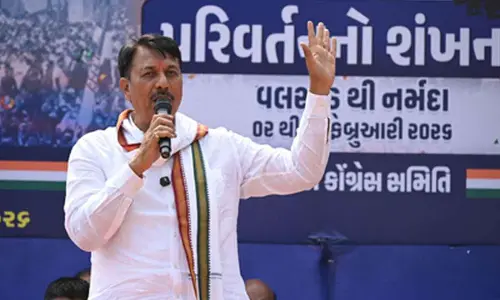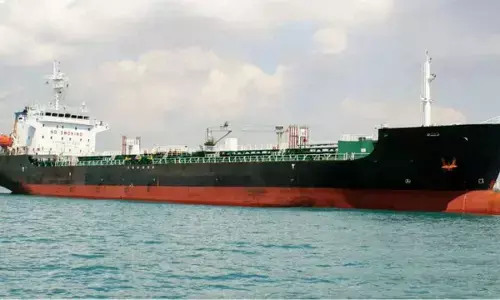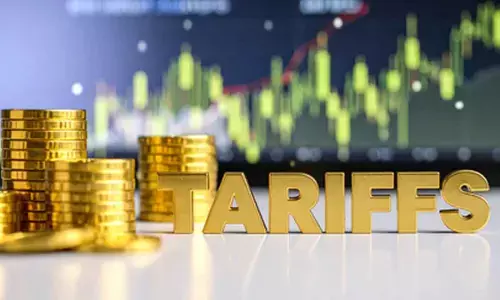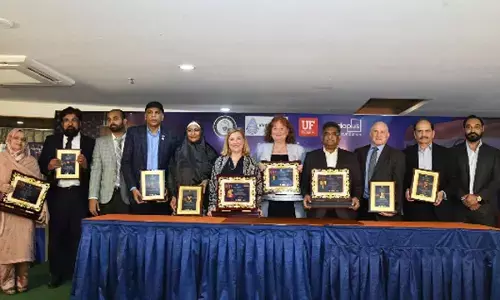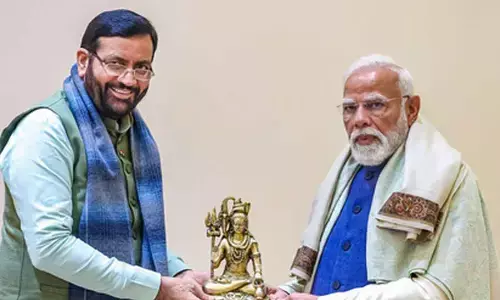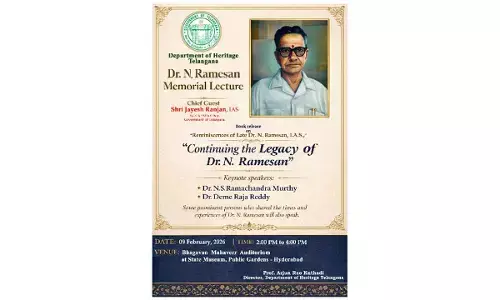It's high time AP restarted APNA
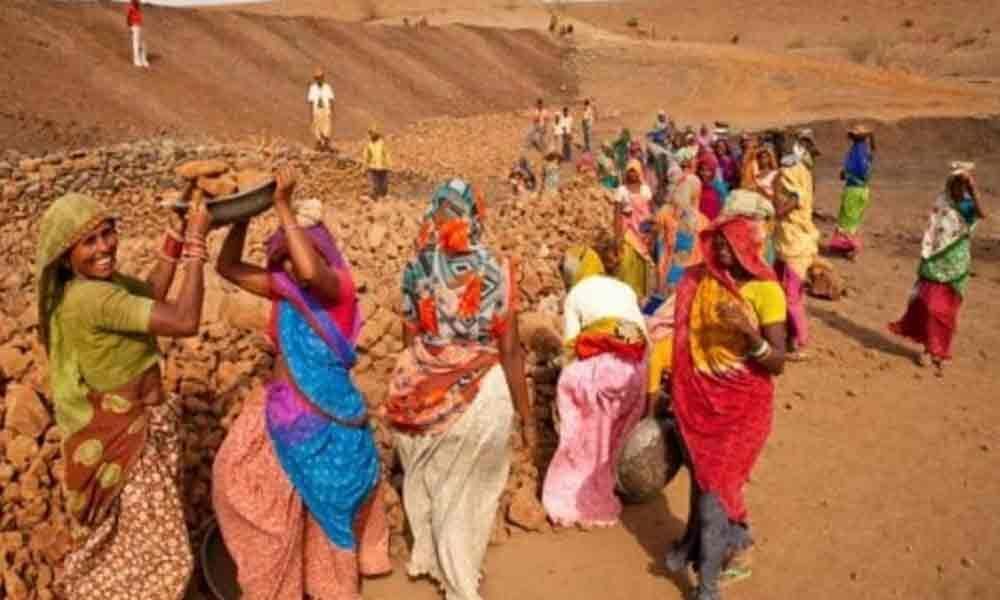 It’s high time AP restarted APNA
It’s high time AP restarted APNAIndustrial/government workers 'unions are considered necessary for the protection of their rights: Why did the AP government terminate Andhra Pradesh NGO Alliance (APNA) and bring MGNREGA works under Gram Panchayat organisations to an end in 2017?
From 1984 to 1985, Young India Project (YIP) made a study of development of capitalism and its impact on poverty of rural landless and landed labour. Our findings were disturbing. The growth of capitalism led to concentration of landed and industrial capital in the hands of fewer and fewer owners and even lands being cultivated by landless labourers had been registered in the names of relatives of landlords.
In addition, because of mechanisation of agriculture and introduction of labour-saving cropping patterns, the annual days of employment available to male and female labour had been declining every year.
The rural poor were faced with landlessness, underemployment, and falling wages. With nearly 70 percent of Indian population living in rural areas, migration to cities was no answer. How then should we attack rural poverty?
The only answer we could come up with was to organise gram panchayat unions of rural labour and enable them to demand, receive, and protect rights given to them by pro poor economic and other legislations. We formed our first mandal union in 1984. We started with land struggles under five land reforms acts.
In 20 years, our unions reregistered 79,000 acres on the names of 42,000 union members. We then supported struggles under Bonded Labour Act, five basic needs of Gandhi, Atrocities Act of Rajiv Gandhi, registration of house sites on the names of women under NTR 1984 GO, and our unions participated in the elections held under the amended PR Act of 1994.
Rights struggles taken up by our unions were very successful. We realised that pro poor legislations enforced by informed, organised, and enabled GP unions of rural labour was the only way rural poverty could be reduced.
In 1986 our unions started a movement demanding right to work for rural labour. For 20 years, they struggled and finally in 2005 the Congress government legislated it, it was later given the name MGNREGA. It was inaugurated in April 2006 by the Prime Minister. In September, K Raju, Principal Secretary of RD asked YIP to do a social audit of MGNREGA in Anantapur district.
Our report identified two major issues:
1. Fraud by officials and politicians, and
2. The MGNREGA workers were totally uninformed of the rights given them by the Act.
A P has a population of 53 million. Of them 63 percent or 33 million live in rural areas. We have around three million active job card holders participating in MGNREGA. Three million multiplied by four members per job card family is 12 million.
In other words, 12 million out of 33 million or 1/3 of the rural population are working under MGNREGA in order to make ends meet. The rural BPL has been calculated at Rs 50,000 annual income for a family of four. If a family works 100 days at Rs 205 which is MGNREGA minimum daily wage, it can earn Rs 20,500 in a year.
Which is 40 percent of BPL annual income. Our recommendations are that MGNREGA daily wage should be increased to Rs 250 so that by working 100 days a BPL family can earn Rs 25,000 which will be 50 percent of the family's BPL income and the remaining 50 percent will come from other labour.
Thanks to MGNREGA, BPL families can rise above poverty, provided all the rights given to them by the Act are honoured by the government. Today, all the rights of wage seekers are being violated by the government, and because the worker is neither informed nor organised, they can neither protect nor enforce their rights.
What should we do? Restart APNA, appoint one Commissioner of Rural Development (CRP) in each mandal with less than 3,000 Job Card Holders (JCHs) and one NGO to monitor five mandals. YIP has developed training and monitoring manuals. APNA will create employment for 130 NGOs and 1000 rural educated men and women in the State.
Now to discuss the cost of the NGOs and mandal workers. A P MGNREGA budget for 2019-2020 is approximately Rs 6,500 crore. Of that, 6 percent is for administration. Which will equal Rs 6,500 crore x 6 percent that is Rs 390 Crores. We have calculated the cost of NGOs and CRPs inclusive of monthly meetings to total Rs 11 crore, which comes to 2.8 percent of the administration budget.
When rights are legislated for rural poor, labour training, organisational, and monthly meeting expenses must be budgeted as necessary. YIP wrote a proposal for APNA based on NIRD recommendations and the government is most welcome to use it. It is wrong to say there is no money to pay NGOs and CRPs.
If you empower poor rural labour, they will prevent officials from committing frauds with their wages. The biggest proof of fraud happening at the State level is the introduction of NeFMS in 2017 by the Central government. The time has come to replace NeFMS with organisations of the rural workers in each gram panchayat. We want A P to be the first to do so.
India is the only country in the world to legislate right to work for rural labour. It is time that the YSR Congress party government made AP the only State in the world to go into partnership with civil society to inform, organise and enable rural labour in every gram panchayat to exercise and protect all their legislated rights. When that happens, only then, will the rural labour start coming out of poverty. Is that not what democracy is about?
-Narinder Bedi, Manisha K & Ganesh Iyer









